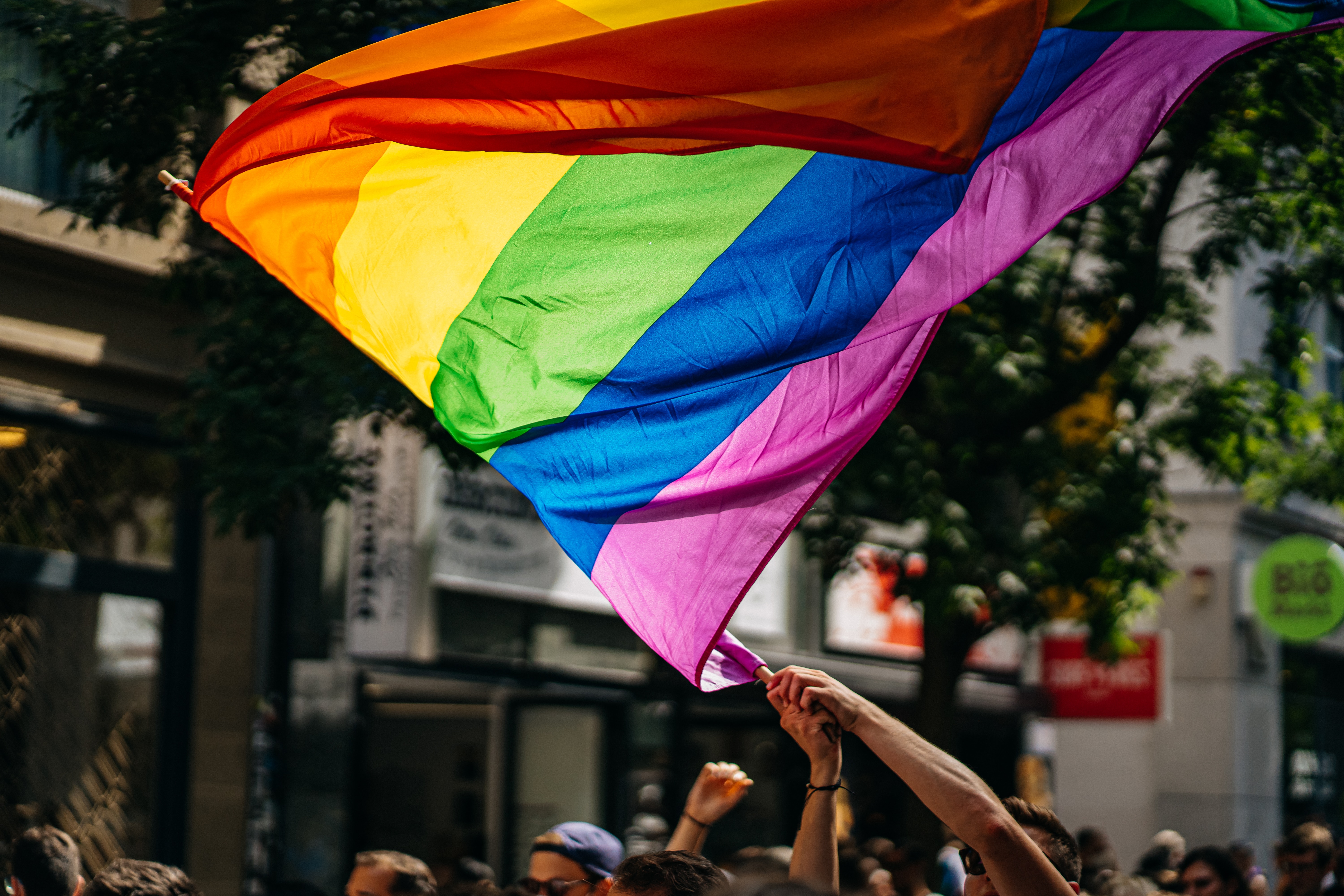To mark Pride Month, we’re celebrating some of the fantastic modules available to Arts and Humanities students that explore LGBTQ+ themes.
The School of English’s ‘LGBTQ Narratives: Queer Writing from Britain and Ireland’, convened by Declan Kavanagh, invites students to examine the unique place that literature and art maintains in the formation of LGBTQ political identities, cultures, pasts, and futures.
Featuring works by writers including Bernardine Evaristo, Jeanette Winterson, James Baldwin, and Shon Faye, the programme considers how queerness—specifically in Britain and Ireland—intersects with categories such as class, race, and nationality.
Feedback from students demonstrates the vital liberation a course like this provides:
‘The module has been important to me as it is the first real chance I’ve had throughout the entirety of my education to read and explore queer Literature… In class, I felt open to share my opinions and listening to others was respected too.’
‘In class, I watched my peers, some of whom I’ve known of for three years who belong to the LGBTQ+ community, speak their views freely and fully for the very first time. It was lovely to see such a safe space for discussion and this can often be rare. As a whole, the module is extremely important within the wider curriculum of the school, challenging views, prejudices and carving a path for my change and equality.’
‘I loved every single class. Workshops and seminars both provided context and history in an accessible way that were crucial to understanding the texts better. It felt like an important module and will be one that sticks with me most from my whole degree.’
Other modules in the division that explore similar themes include The School of Arts ‘Film, Politics and Identity’, which reflects on how individuals have utilised the medium of film exert power or subjugate, create and reinforce stereotypes around identities, with a focus on gender and sexuality.
Meanwhile, another School of English module, ‘Identity, Trauma and Sexuality in 20th and 21st Century Narratives’ focuses on the links between identity, trauma and sexuality as represented in narratives from the 20th and 21st century, comprising both texts (autobiographical and fictional) and films.

